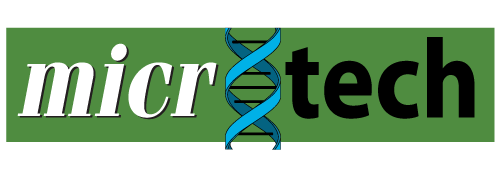Induced tolerance to abiotic and biotic stresses of broccoli and Arabidopsis after treatment with elicitor molecules
The plant hormones salicylic acid (SA) and jasmonic acid (JA) regulate defense mechanisms capable of overcoming diferent plant stress conditions and constitute distinct but interconnected signaling pathways. Interestingly, several other molecules are reported to trigger stress-specifc defense responses to biotic and abiotic stresses. In this study, we investigated the efect of 14 elicitors against diverse but pivotal types of abiotic (drought) and biotic (the chewing insect Ascia monuste, the hemibiotrophic bacterium Pseudomonas syringae DC 3000 and the necrotrophic fungus Alternaria alternata) stresses on broccoli and Arabidopsis. Among the main fndings, broccoli pre-treated with SA and chitosan showed the highest drought stress recovery in a dose-dependent manner. Several molecules led to increased drought tolerance over a period of three weeks. The enhanced drought tolerance after triggering the SA pathway was associated with stomata control. Moreover, methyl jasmonate (MeJA) reduced A. monuste insect development and plant damage, but unexpectedly, other elicitors increased both parameters. GUS reporter assays indicated expression of the SA-dependent PR1 gene in plants treated with nine elicitors, whereas the JA-dependent LOX2 gene was only expressed upon MeJA treatment. Overall, elicitors capable of tackling drought and biotrophic pathogens mainly triggered the SA pathway, but adversely also induced systemic susceptibility to chewing insects. These fndings provide directions for potential future in-depth characterization and utilization of elicitors and induced resistance in plant protection.
Descargar